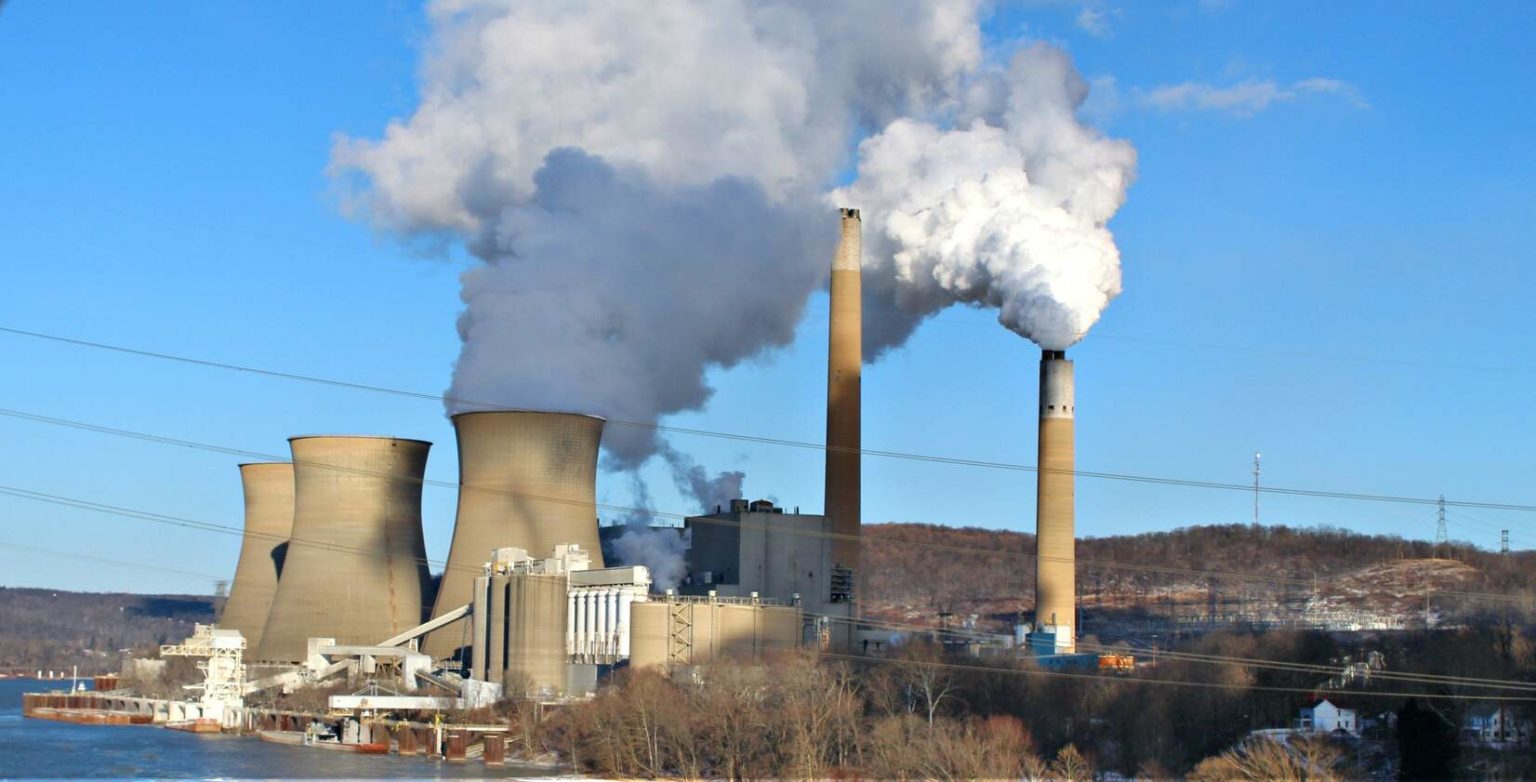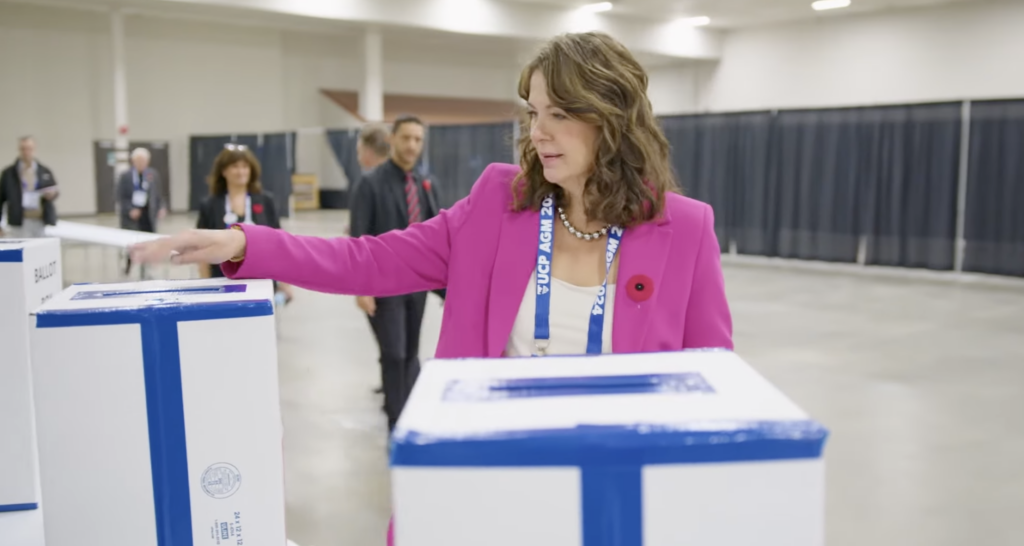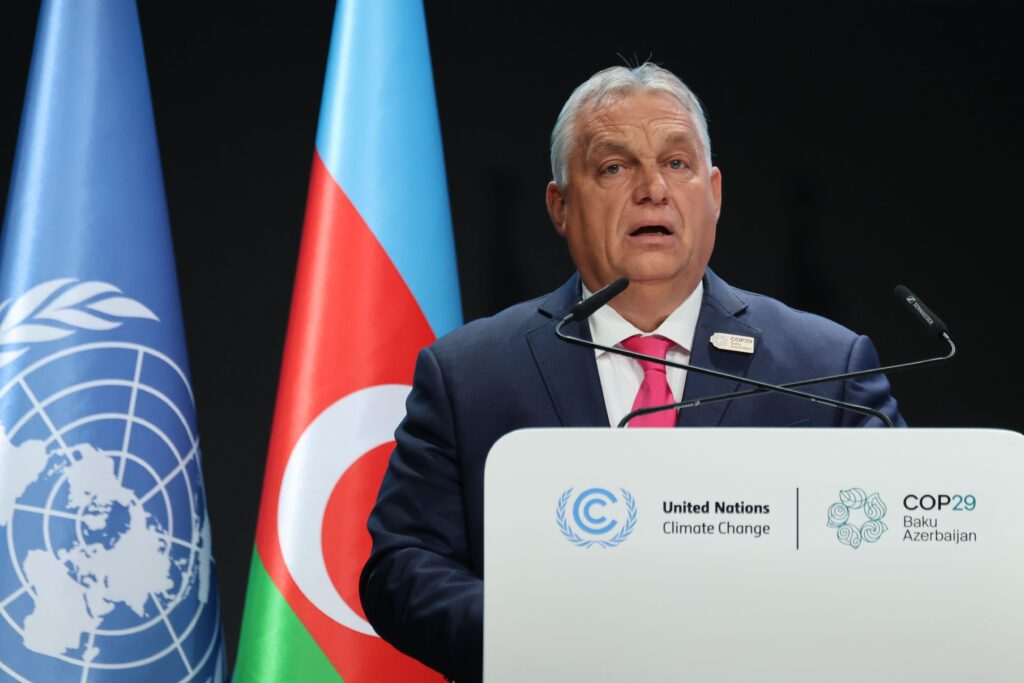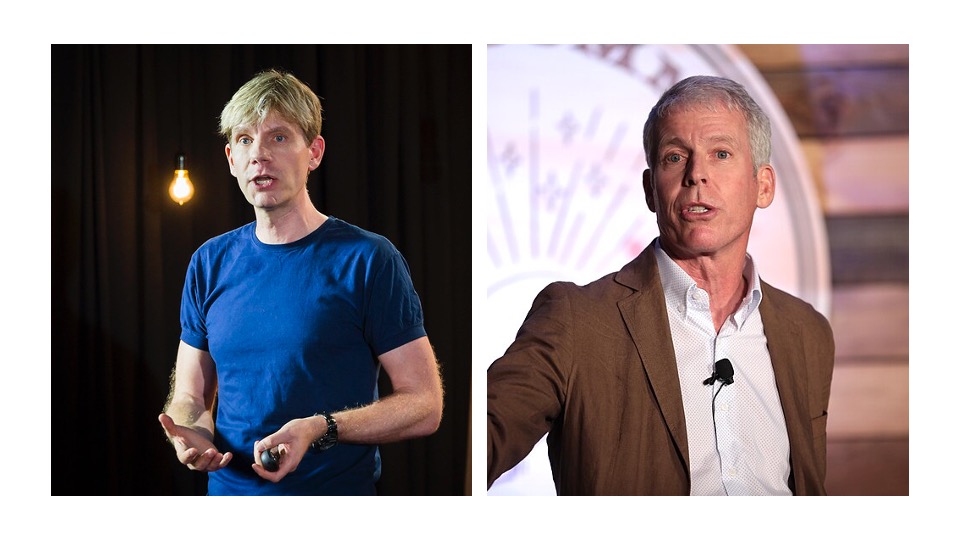Pennsylvania, traditionally a battleground state in electoral politics, is currently embroiled in a battle over the state potentially joining a regional program to curb carbon pollution from the power sector. That program, called the Regional Greenhouse Gas Initiative (RGGI), has seen carbon dioxide emissions from power plants slashed by 47 percent over 10 years while generating over $3 billion in revenue. Participating states have then used that revenue to invest in energy efficiency and clean energy programs.
Environmental advocates say Pennsylvania’s participation in RGGI would be a “game-changer,” but climate science deniers and other fossil fuel allies claim it would be too costly and kill jobs in a state where the coal and fracked gas industries have long dominated the energy landscape.
The state’s government is divided on the issue of Pennsylvania joining RGGI. Governor Tom Wolf, a Democrat, issued an executive order last October directing the state’s Department of Environmental Protection (DEP) to begin the process of joining the regional cap-and-trade program and develop carbon pollution regulations within the state. The Republican-controlled legislature opposes Pennsylvania participating in RGGI and has held a series of hearings to argue against the governor’s initiative to join the program. The Pennsylvania House of Representatives even passed a bill (House Bill 2025) in July that would strip DEP’s authority to regulate power-sector carbon pollution.
Environmental committees in the state legislature held a pair of hearings this week, one in the House and one in the Senate, featuring witnesses opposed to Pennsylvania joining RGGI. One invited witness in the House hearing on Monday, August 24 — the CO2 Coalition’s Caleb Rossiter — broke with the more than 11,000 scientists who last year declared the planet “is facing a climate emergency” when he falsely claimed, “We are not in a CO2-driven climate crisis.”
Rossiter, a professor and consultant with a background in international policy, also said the state’s DEP “traffics in lies, damn lies, statistics … and models.” Last year, a study by climate scientists published in the peer-reviewed journal Geophysical Research Letters concluded that “climate models published over the past five decades were generally quite accurate in predicting global warming.”
Pennsylvania faces a choice: good health, a strong economy, and a thriving environment, or the Regional Greenhouse Gas Initiative, which works against all of these. Read Dr. Caleb Rossiter’s message: https://t.co/U75sJbpkC1
— CO2 Coalition (@CO2Coalition) August 24, 2020
Appearances by outright climate science deniers like Rossiter — those who dispute the scientific consensus on climate change — are relatively rare these days in legislative bodies, but Pennsylvania Republicans are bucking that trend. Marc Morano of the climate denial website Climate Depot, for example, testified in late October last year before the House Environmental Resources and Energy Committee, the same committee to which Rossiter spoke this week. The Republican chair of that committee, Rep. Daryl Metcalfe, is a climate science denier himself and has previously held hearings disputing mainstream climate science, saying its proponents engage in “Chicken Little fear-mongering.”
The CO2 Coalition has received funding from the petrochemical billionaire Koch family and others in the oil and gas industry, while Climate Depot is a project of the Committee for a Constructive Tomorrow (CFACT), a conservative think tank where Morano also works as communications director and which has received funding from ExxonMobil and Chevron.
These hearings featuring testimony from fossil fuel allies and climate science deniers misrepresent the climate challenge confronting Pennsylvania, one environmental advocate told DeSmog. “There is a lot of misinformation and cherry-picked stats from folks who are ideologically opposed to the idea of controlling carbon pollution,” said Robert Routh, staff attorney at the Clean Air Council, a Pennsylvania-based environmental advocacy group.
Monday’s hearing before Rep. Metcalfe’s committee, he explained, was part of a series of actions to try to “delegitimize Pennsylvania’s participation in RGGI.” Witnesses in other anti-RGGI hearings in the state legislature have included union workers and representatives from conservative think tanks and the coal industry.
History of Koch-Funded Attacks on RGGI
Fossil fuel–funded organizations have a history of opposing the Regional Greenhouse Gas Initiative, which started in 2009 with 10 participating states in the Northeast and mid-Atlantic. In 2010, the Koch-funded group Americans for Prosperity reportedly planned to protest RGGI at the first auctioning event, where carbon allowances would be sold.
In addition, Greenpeace Investigations revealed that Koch-funded groups heavily influenced New Jersey’s 2011 exit from the RGGI program under former Republican Governor Chris Christie. The “corporate bill mill” the American Legislative Exchange Council (ALEC), along with Americans for Prosperity and another Koch surrogate called the Franklin Center for Government and Public Integrity, worked to attack RGGI and pressure Gov. Christie to oppose the program.
In 2013 Beacon Hill Institute, a Boston-based conservative think tank and associate member of the Koch-backed State Policy Network, aimed to produce research on the economic impact of RGGI with pre-determined conclusions intended to “arm opponents of cap-and-trade with data for their arguments, and to weaken or destroy [RGGI],” the Guardian reported. The institute submitted a funding proposal for that research without approval from Suffolk University, where the think tank was housed at the time. According to that funding proposal, “Success will take the form of media recognition, dissemination to stakeholders, and legislative activity that will pare back or repeal RGGI.” Beacon Hill Institute submitted the proposal to the Searle Freedom Trust, which funds right-wing, Koch-associated groups like ALEC and Americans for Prosperity.
Coal Declining But Will Gas Dominate?
Coal still accounts for roughly one-fifth of Pennsylvania’s electricity generation, and the state has the fifth highest greenhouse gas emissions nationally. But overall, coal use is declining across the state, with the share of electricity generated from coal falling by more than half from 2010 to 2018, according to the U.S. Energy Information Administration. The fracked gas boom in Pennsylvania is a key factor in the decline of coal.
This trend of gas replacing coal will continue regardless of what Pennsylvania does with respect to RGGI, Routh explained. Where a climate policy like RGGI would make a difference is reducing the role of gas in the state’s electricity portfolio in favor of carbon-free energy like nuclear as well as wind and solar, he says. Nuclear currently provides roughly 40 percent of the state’s electric power. If Pennsylvania doesn’t join RGGI, the state’s energy portfolio would likely be “dominated and monopolized by natural gas” over the next decade, Routh told DeSmog.
The petroleum industry and its allies have a vested financial interest in making that outcome a reality, which explains why there is such fervor from fossil fuel-backed Pennsylvania politicians to try to prevent the state from joining the RGGI program. They are inviting climate science deniers to testify and ignoring the clear scientific evidence that fossil fuels are driving a climate emergency.
“The time for climate deniers posturing in the General Assembly is long past,” Jackson Morris, Director of Eastern Climate and Clean Energy at Natural Resources Defense Council (NRDC), said in a statement last month. “The climate crisis is already endangering the health and safety of Pennsylvanians, from excessive heat to harmful air pollution. The only way to change the state’s trajectory is for lawmakers to swiftly ramp up aggressive climate action.”
Main image: Bruce Mansfield coal power plant (now closed) with nuclear reactors in Beaver County, Pennsylvania. Credit: Drums600, CC BY–SA 4.0
Subscribe to our newsletter
Stay up to date with DeSmog news and alerts







